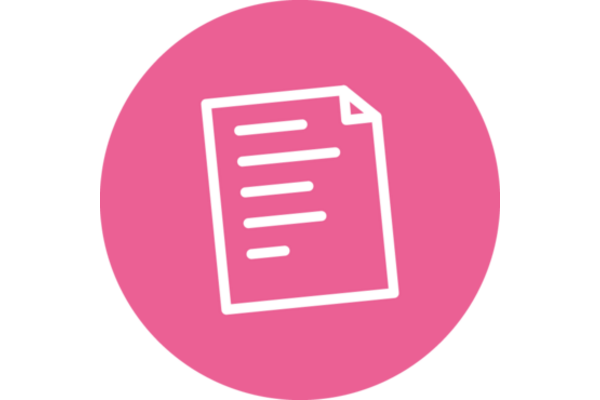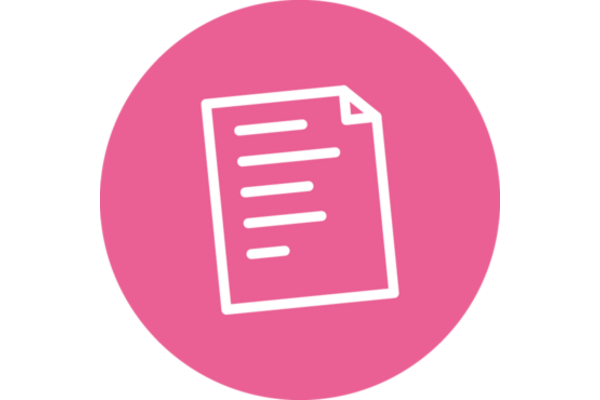The Birth Charter has been developed in consultation with our service users and with guidance from the Royal College of Midwives and UNICEF UK Baby Friendly Initiative. It is intended to help inform both policy and practice relating to the care and treatment of these vulnerable women and their babies, covering a range of issues from antenatal care and birth partners to breastfeeding, family visits and counselling.
Naomi Delap, Director of Birth Companions, says: “Many pregnant women and new mothers in prison are incredibly vulnerable, yet despite several pieces of national and international legislation protecting their health and well-being, many do not get the care and support to which they are entitled. We have focused attention on the elements that have the biggest practical impact to ensure these women get the support they need, and are able to give their children the best possible start in life.”
Commenting, the Royal College of Midwives Chief Executive (RCM), Cathy Warwick says: “It doesn’t matter where mothers and babies are – they must all be given the highest standards of care to promote their health and wellbeing. The RCM is proud to support the Birth Charter, which outlines the rights and unique needs of pregnant women, mothers and babies who are in prison. The RCM fully supports the recommendations for government and the Prison Service, which if implemented in full, will make a massive difference to the quality of care women receive and help create a culture whereby all babies are given the best start in life.”
Programme Director of UNICEF UK’s Baby Friendly Initiative, Sue Ashmore, says: “The Birth Charter gives a much-needed voice to pregnant women and new mothers in prison, helping to ensure that no baby is punished for being born in detention.”
The Birth Charter has been widely supported by organisations including Her Majesty's Prison and Probation Service, Ministry of Justice, Public Health England, Women in Prison, Agenda and Clinks.
In 2019 Birth Companions published the Birth Charter Toolkit to offer practical guidance on implementing the recommendations set out in the Birth Charter.






